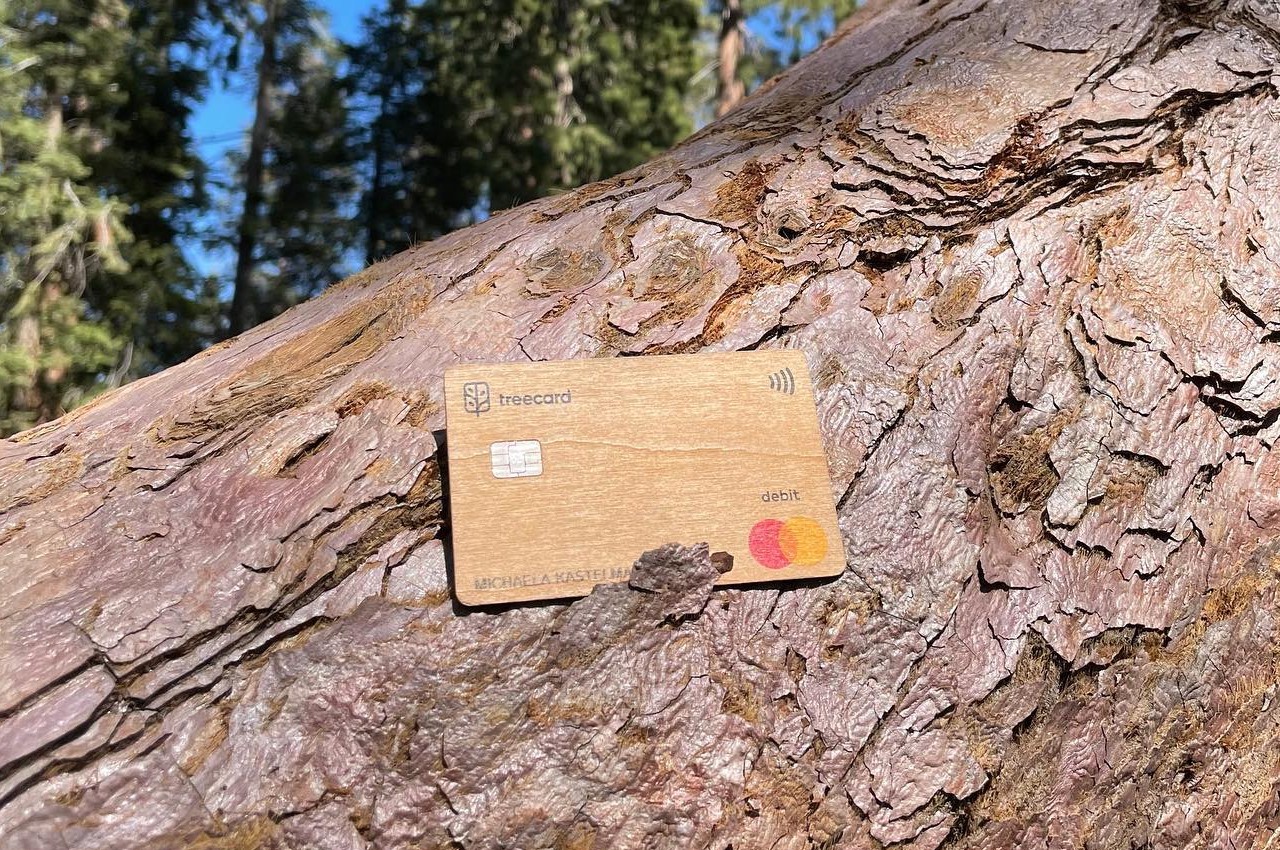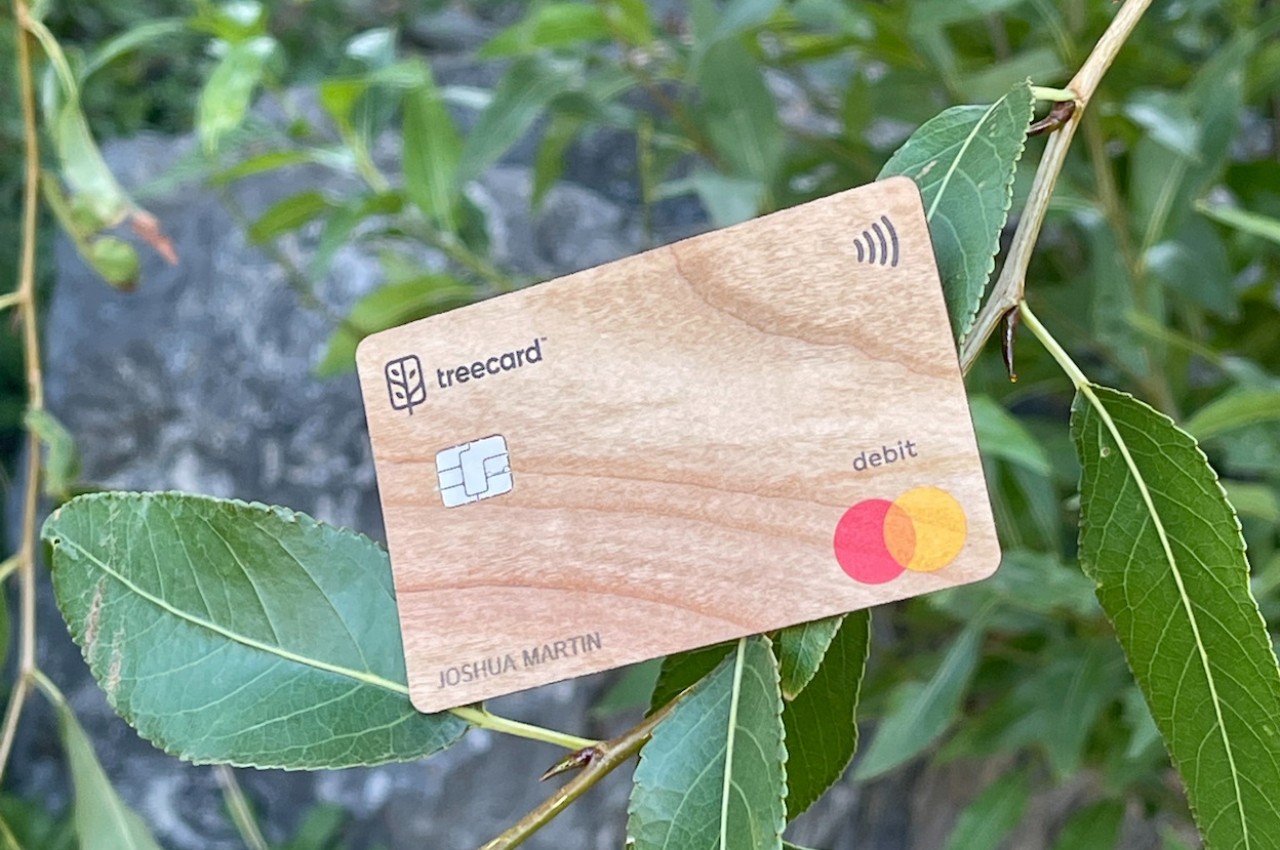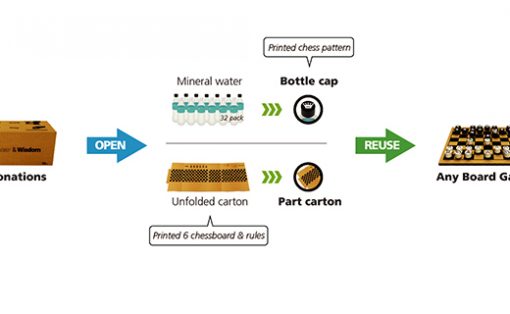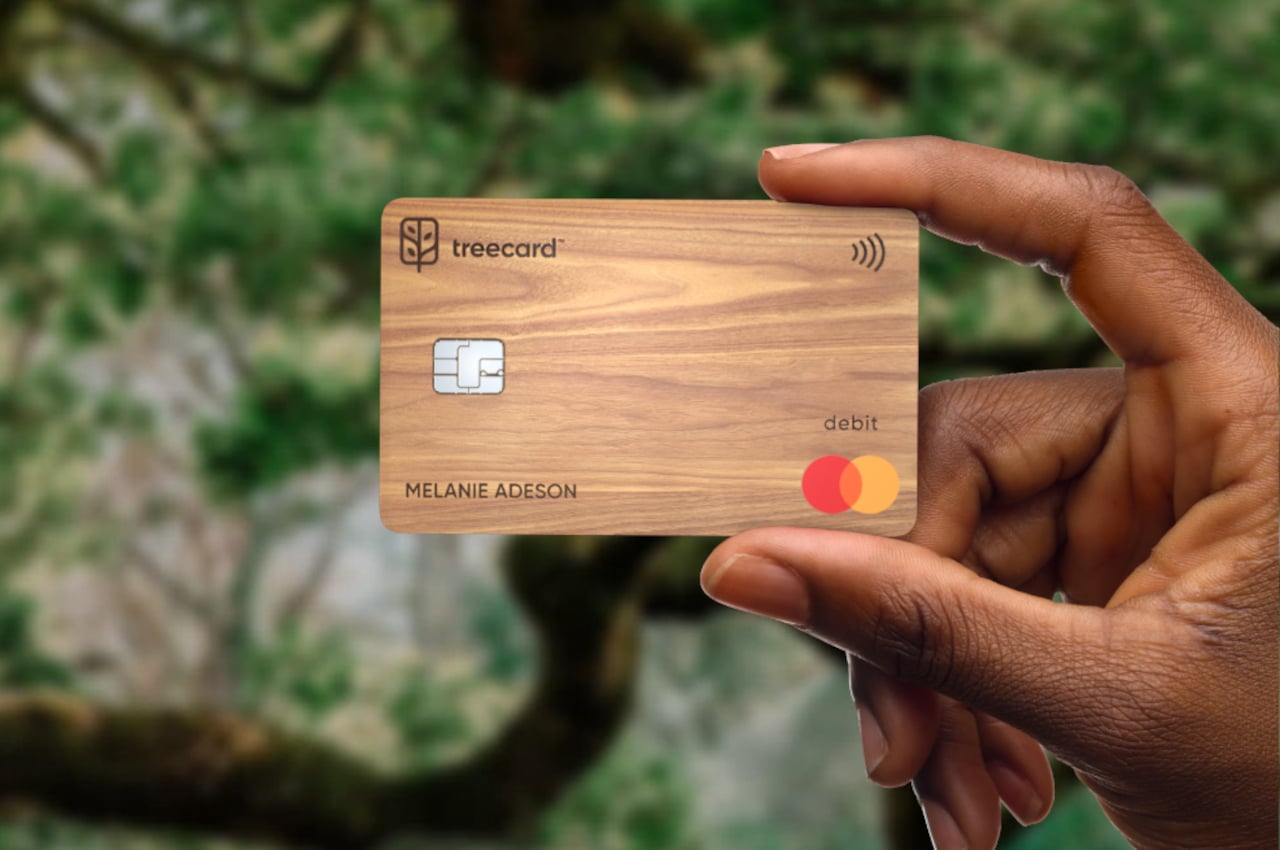
Money makes the world go round, and it comes in many forms these days. While there are many proponents of e-wallets and digital forms of currencies, physical representations of money still make up the majority. Usually, cash has a minimal direct impact on the environment until they are used to fund activities or products that do harm to the planet in the long run. Credit cards and debit cards, however, are the clear exceptions because their very nature as pieces of plastic immediately makes them non-sustainable. That plastic design is mostly by convention, though, and this unique card proves that not only can these cards be sustainable, they can also help make the planet heal every time they’re used.
Designer: Treecard
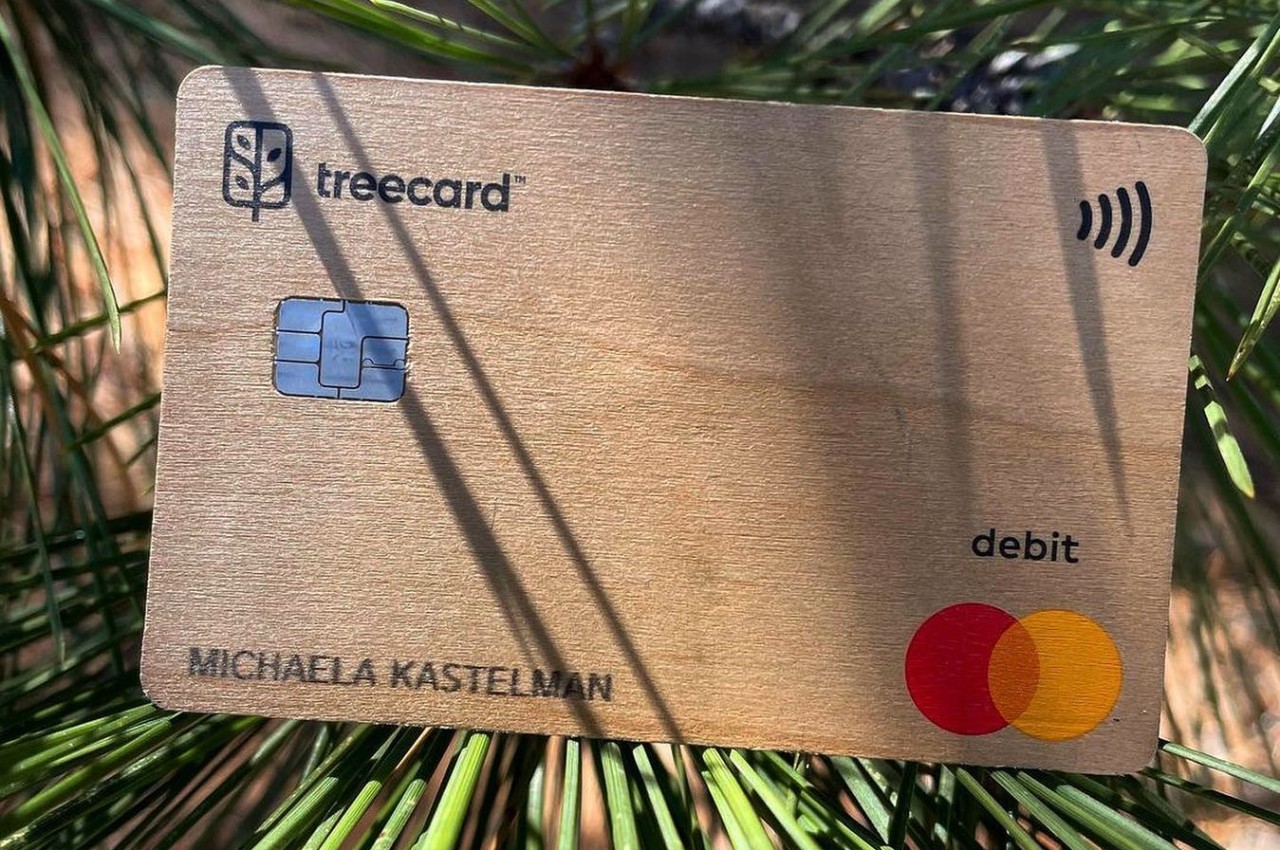
The reason for plastic’s ubiquity is simply that there were no viable alternatives to it until recently. Plastic is cheap to make and durable, ideal properties for mass-produced products, including credit and debit cards that get distributed by the hundreds, if not thousands. Of course, there are no more sustainable options, like bioplastics or other newer materials. Some designers, however, have always preferred actual natural materials like wood, especially because of their unique characteristics and aesthetics.
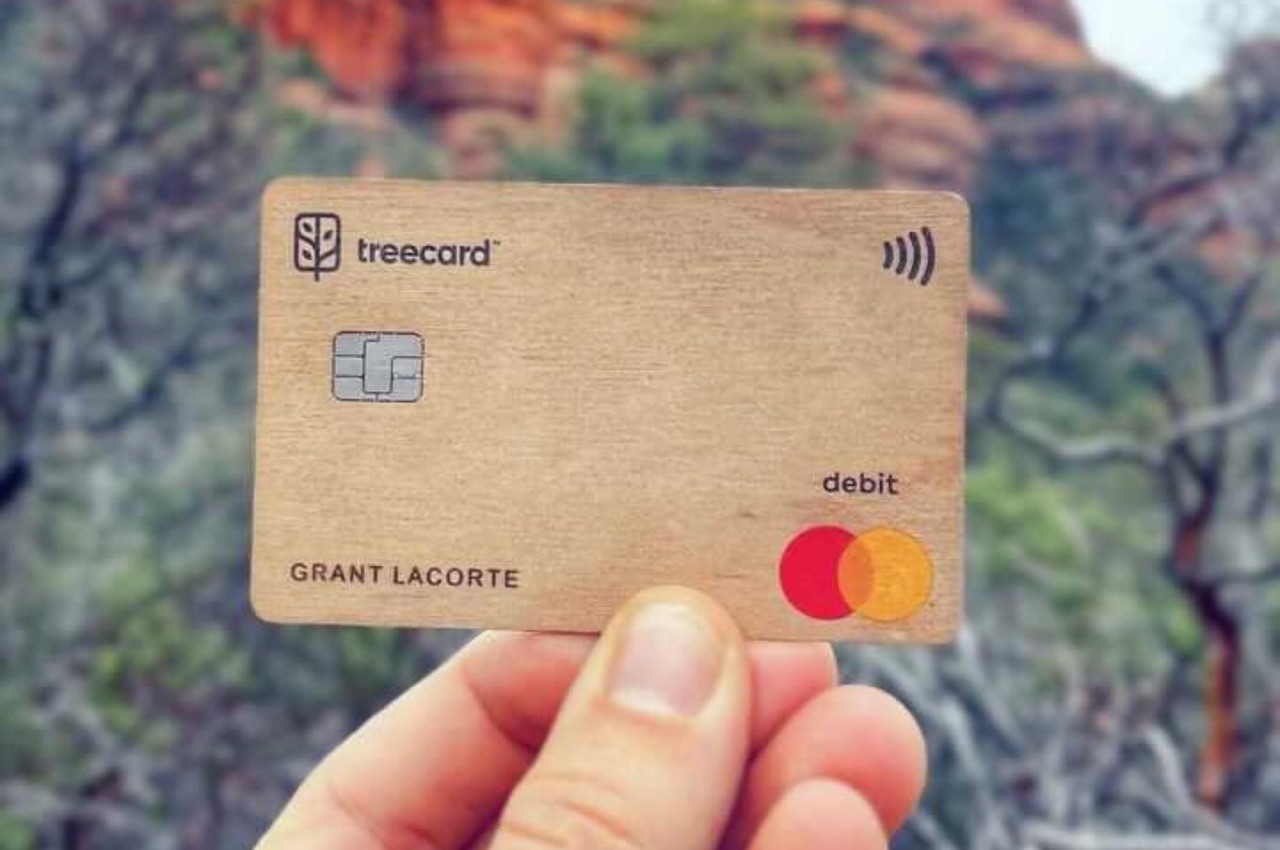
Wood might not always be the best material to use for everything, and you might think that a card that sits in your wallet or jeans pocket isn’t a good place for it. Treecard, however, challenges that assumption with a debit card that is made from wood, at least except for the chip that is now standard in such cards. That does confirm that this isn’t just a decorative card but a fully functional one that can be used anywhere that accepts MasterCard. It also supports digital wallets like Apple Pay, Google Pay, and even Samsung Pay.
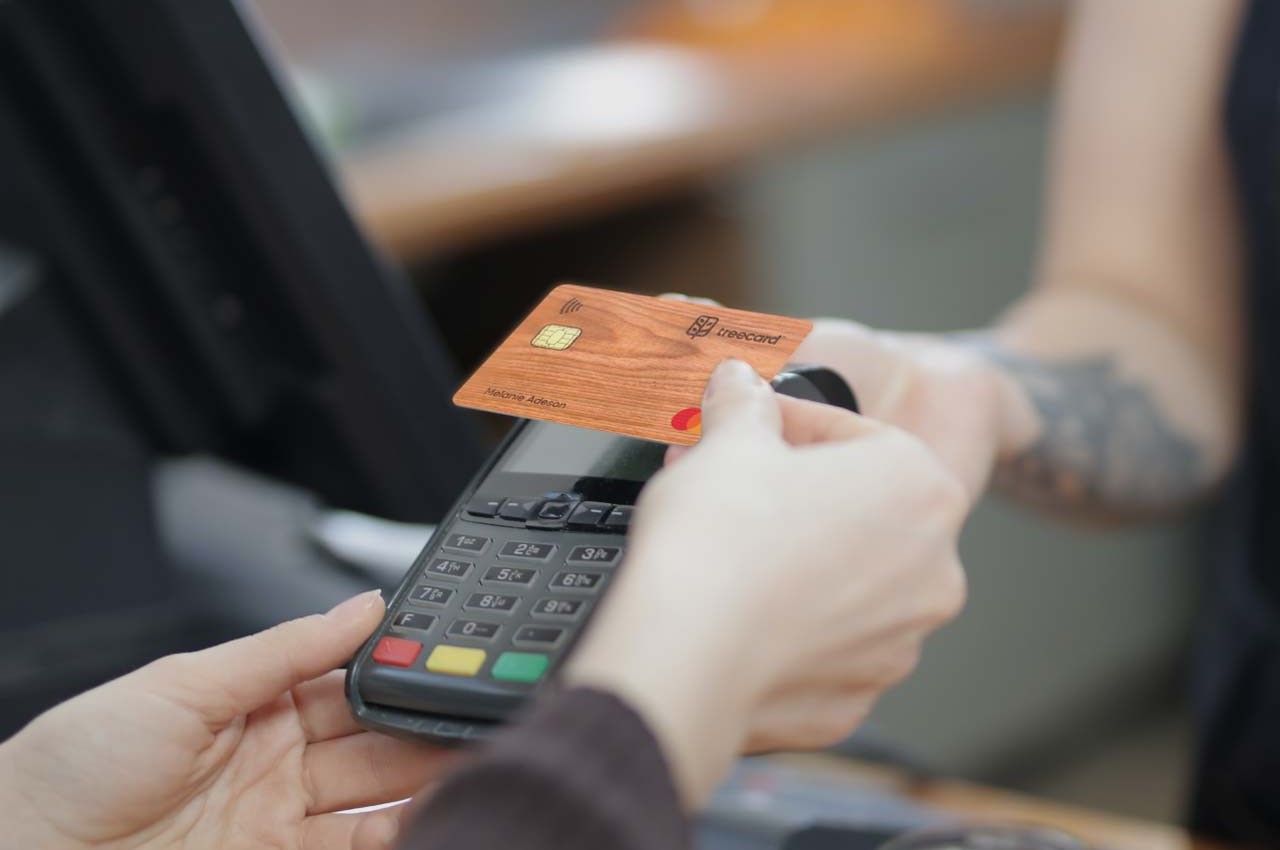
What makes Treecard extra special is that its commitment to sustainability goes beyond the card itself. It tries to give back to the environment by working with a partner so that a tree gets planted for every $50 spent using the card. Given how much people, especially in the US, make use of “plastic,” Treecard’s strategy will almost ensure that more trees will be available for future generations. It takes its mission one step further by promising never to use what it earns to fund fossil fuels or deforestation activities.
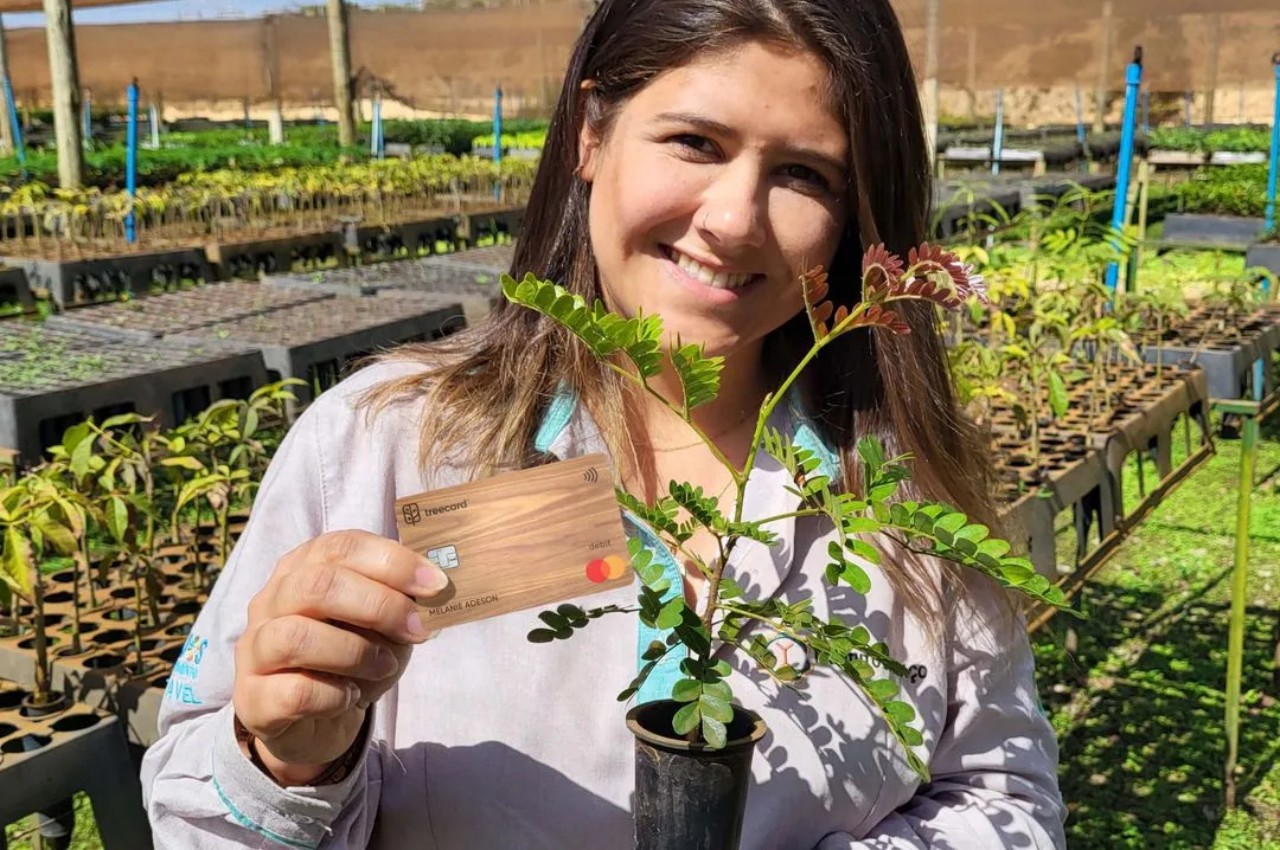
A wooden debit card is admittedly a novel proposition and one that actually looks handsome and eye-catching wherever you use it. There might be some concerns about its durability, though, since wood is less resilient under pressure and wear and tear, something that plastic does have over it. That said, the idea that you’ll be helping make the Earth greener while you spend might be enticing enough for environment-conscious consumers to make the leap of faith. They just need to take better care of their stylish debit card now.
